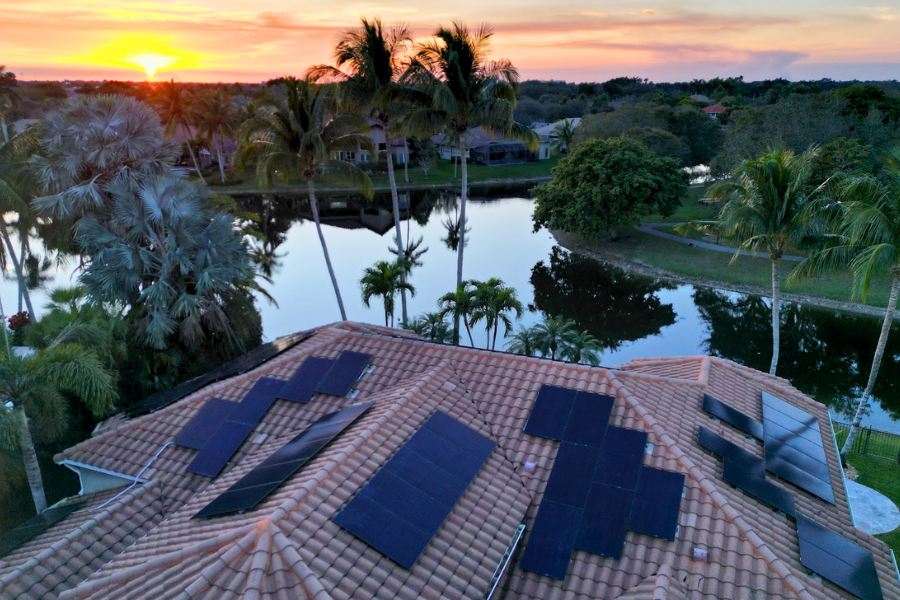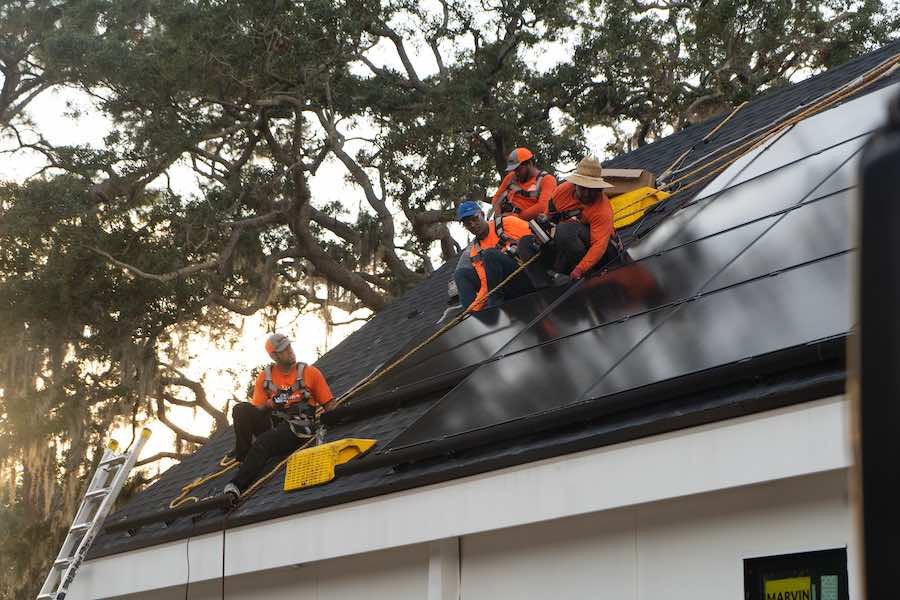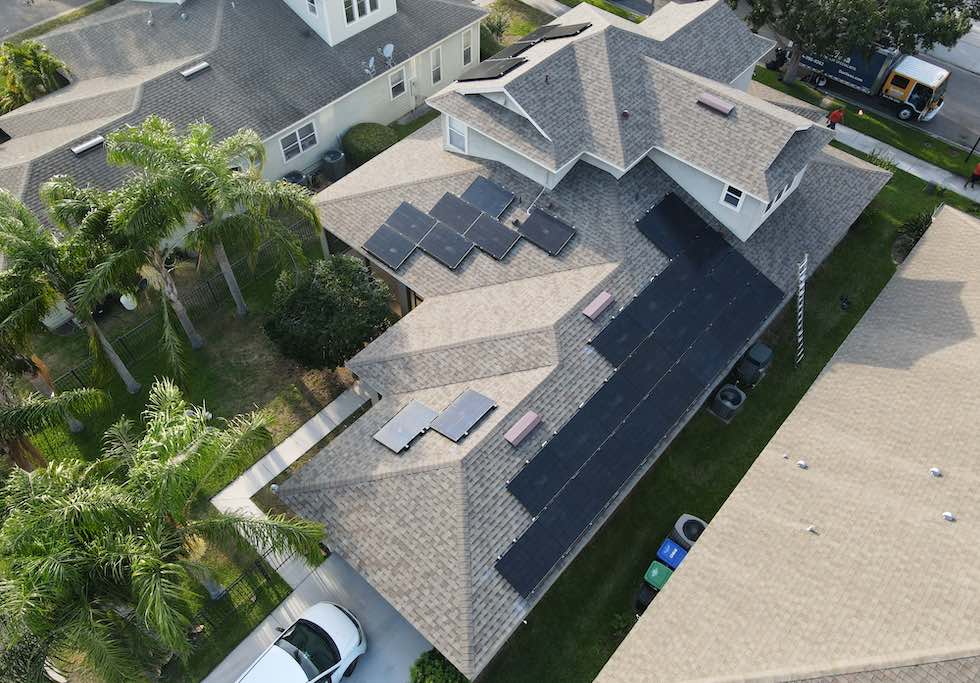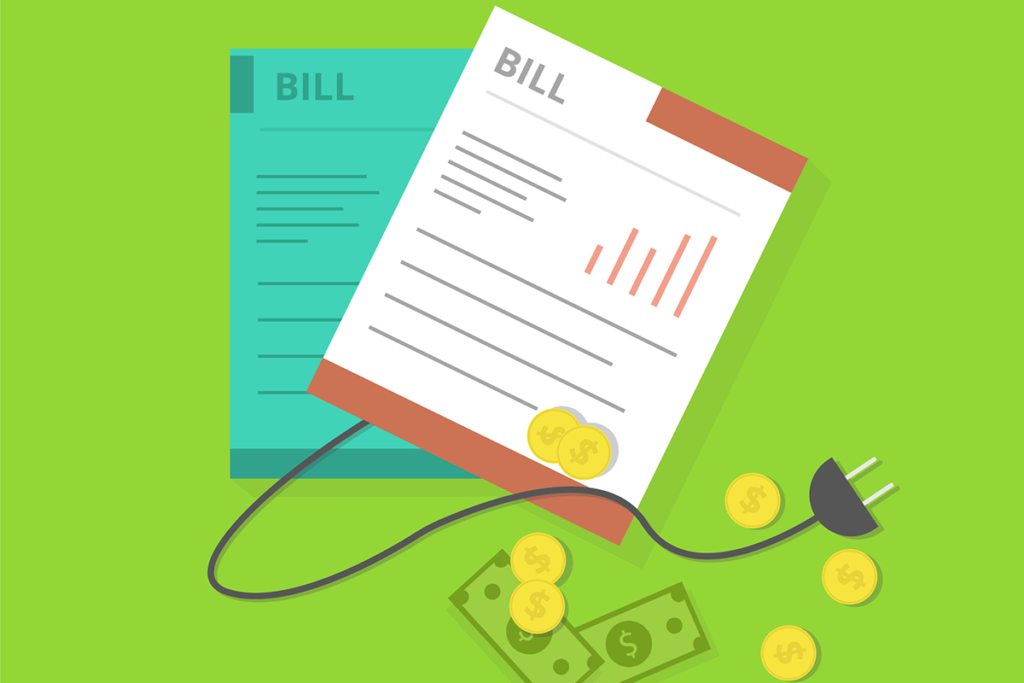
The U.S. House of Representatives has passed legislation that could significantly reduce the value of going solar—unless homeowners move quickly.
If the One Big Beautiful Bill Act (H.R. 1) becomes law, it would eliminate the federal Residential Clean Energy Credit at the end of 2025—nine years ahead of schedule. To qualify, systems must be fully installed, inspected, and activated by that deadline. With installations taking 3 to 12+ weeks, Florida homeowners considering solar should begin the process now to avoid missing out.
Florida, long a national leader in solar adoption, could see a shift in momentum if Congress enacts the One Big Beautiful Bill Act (H.R. 1). The bill, which recently cleared the House and is now under Senate review, proposes to eliminate the 30% federal Residential Clean Energy Credit at the end of 2025—nine years earlier than scheduled.
This development introduces a new level of urgency for Florida homeowners considering solar energy systems.
What’s Changing: Key Federal Solar Incentives at Risk
Under current law, homeowners can claim a 30% federal tax credit on the cost of installing a residential solar system. The incentive was originally set to remain in place through 2032, gradually stepping down through 2034. H.R. 1 accelerates that timeline dramatically:
- Credit Ends December 31, 2025: To qualify, systems must be installed, inspected, and operational by this date. Signing a contract alone is not enough.
- No Credit for Leased Systems: The bill would eliminate the credit entirely for leased residential solar installations beginning in the year following enactment.
If enacted, these proposed changes would not only eliminate a major financial benefit but also impact how homeowners finance solar projects, especially those relying on lease or PPA (power purchase agreement) models.
Installation Timelines May Leave Little Room for Delay
Though Florida offers a favorable solar environment—abundant sunshine, no state sales tax on solar equipment, and strong net metering policies—system installation isn’t immediate. Most residential projects take 3 to 12+ weeks from contract to activation, with the timeline dependent on factors like local permitting, inspection schedules, and utility interconnection. Homeowners waiting until late 2025 may miss the deadline entirely.
Why Florida Still Holds Strong Solar Appeal
Even if the federal tax credit disappears, Florida continues to support solar adoption through state-level incentives:
- 100% Property Tax Exemption: Solar installations won’t increase your home’s assessed value for property tax purposes.
- State Sales Tax Exemption: No sales tax is charged on solar equipment purchases.
- Net Metering: Utilities must credit customers for excess solar energy fed back into the grid—lowering monthly utility bills.
These benefits make solar a sound long-term investment for energy-conscious homeowners—regardless of federal shifts.
Bottom Line
If passed, the One Big Beautiful Bill Act will significantly narrow the window of opportunity for Florida homeowners to capitalize on federal solar incentives. Systems must be fully operational by December 31, 2025, to qualify for the full 30% tax credit.
The time to act is now. Waiting could cost homeowners thousands in missed tax savings and delayed return on investment.
Interested in exploring solar for your home?
SunVena Solar offers complimentary consultations and customized system proposals to help you navigate the current incentive landscape.



